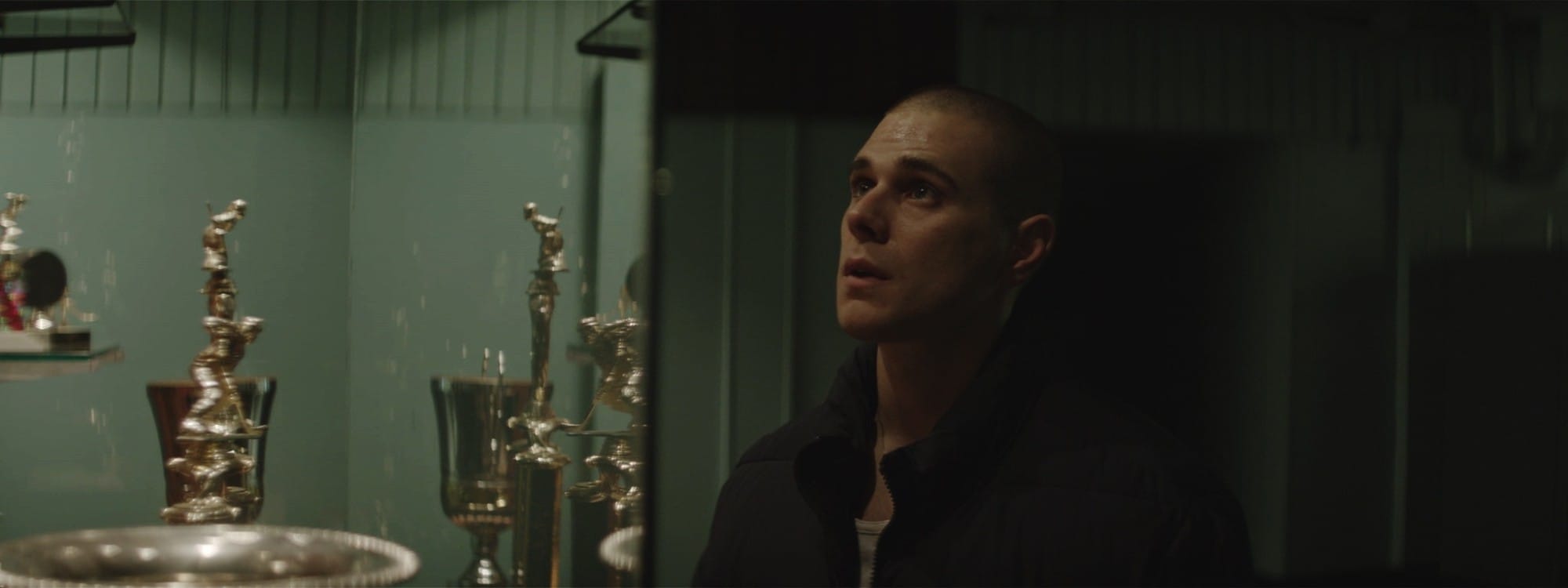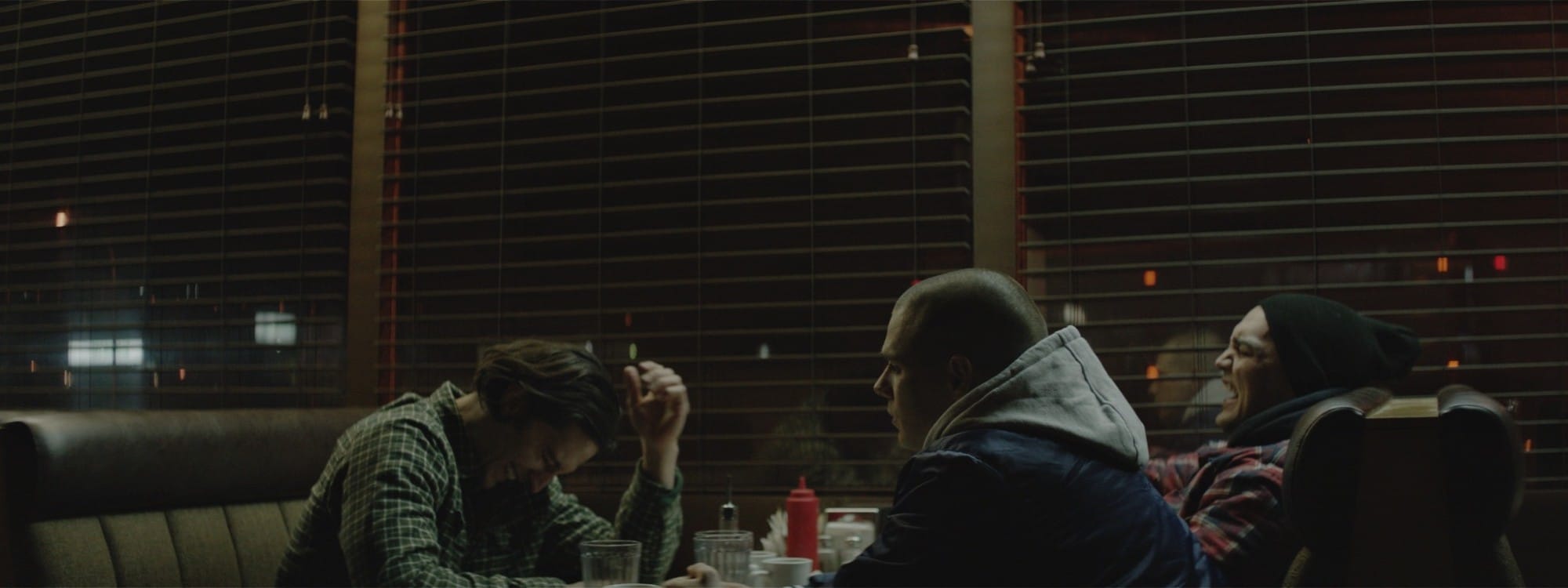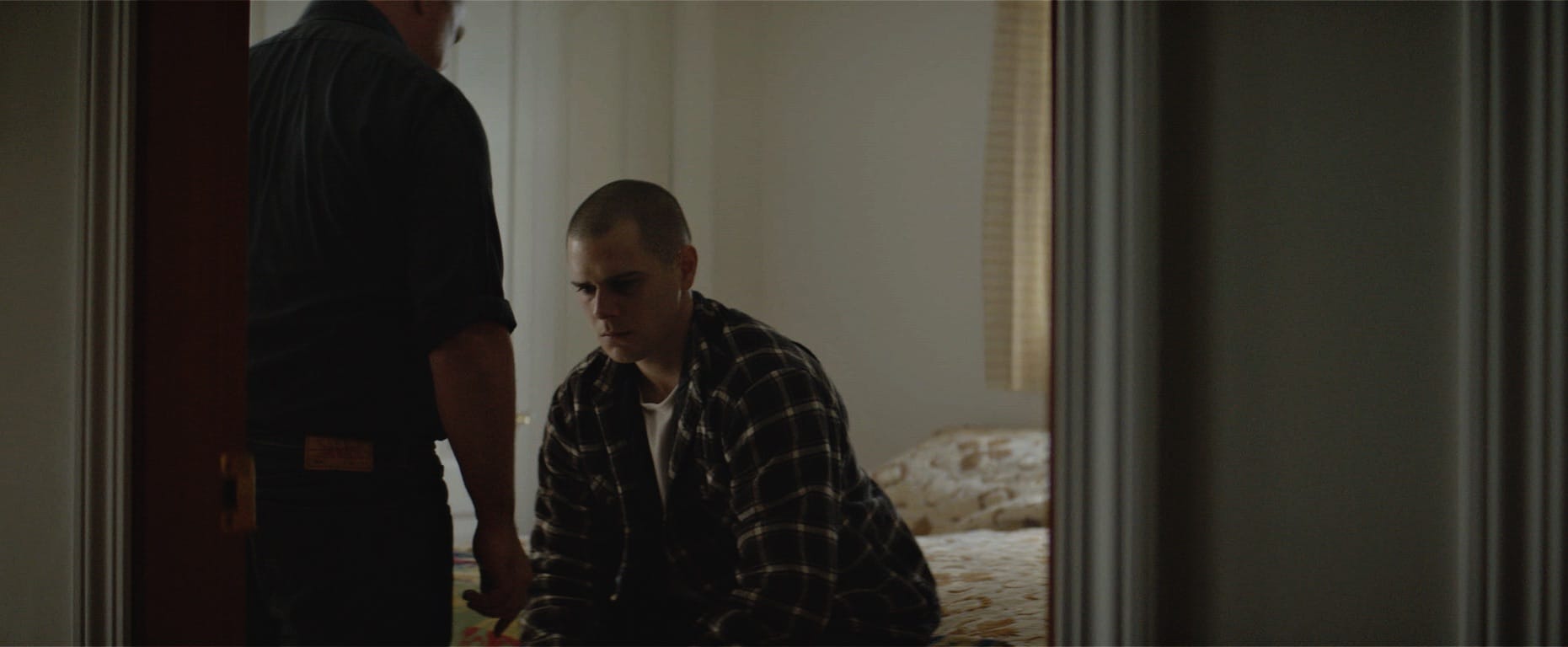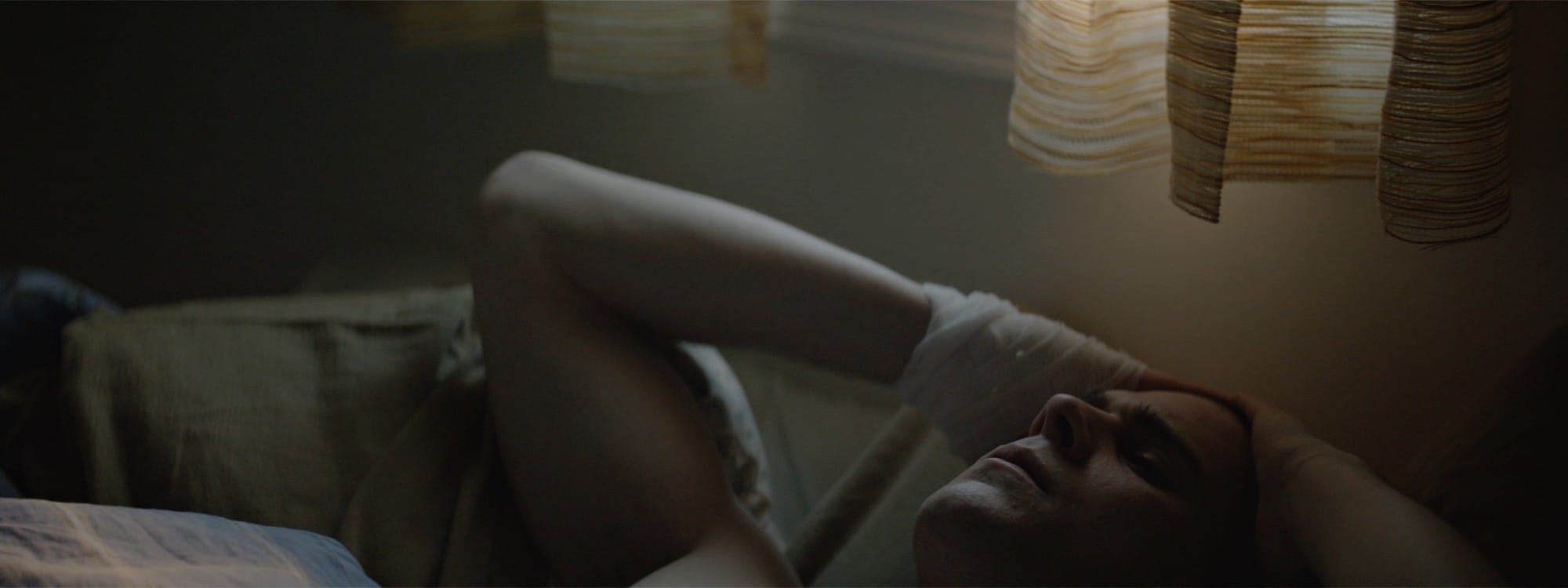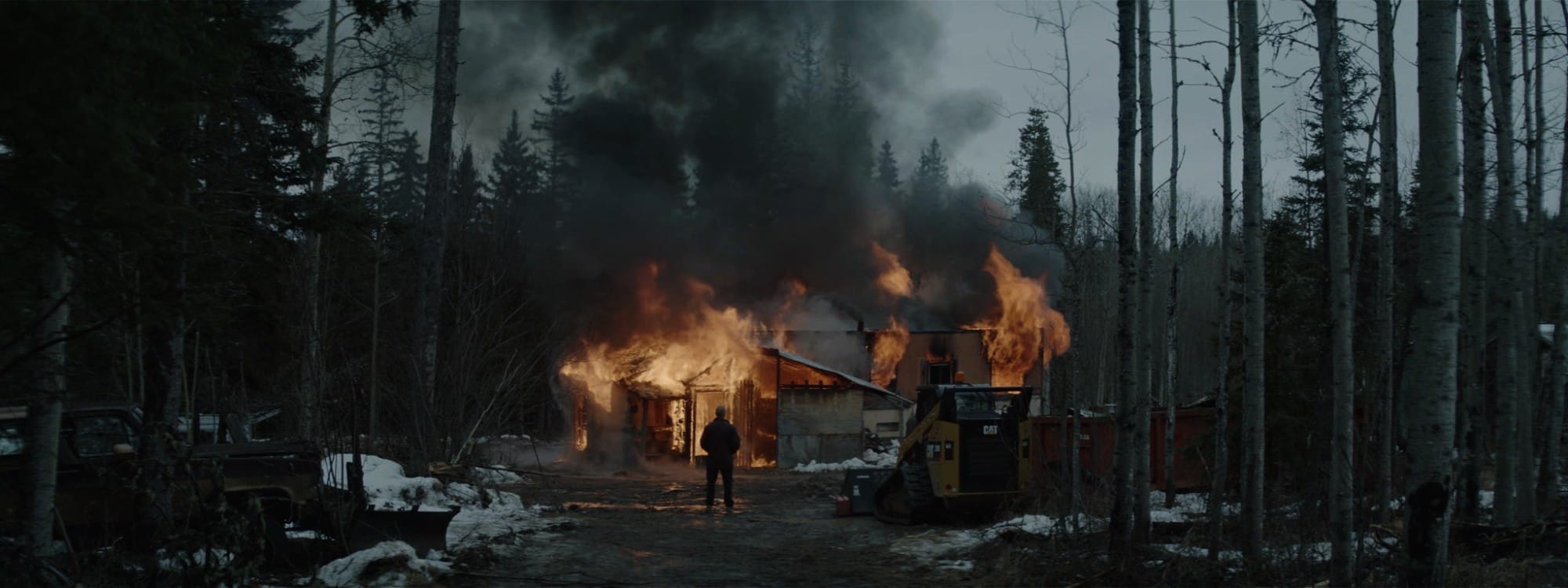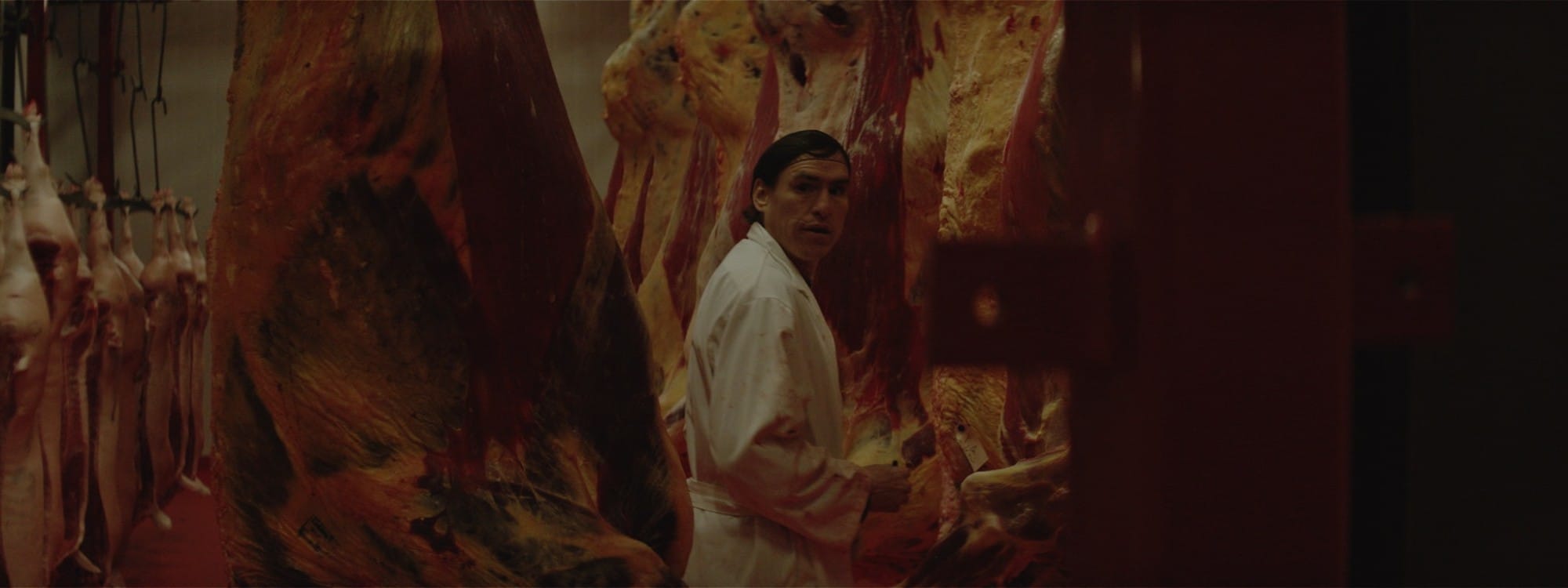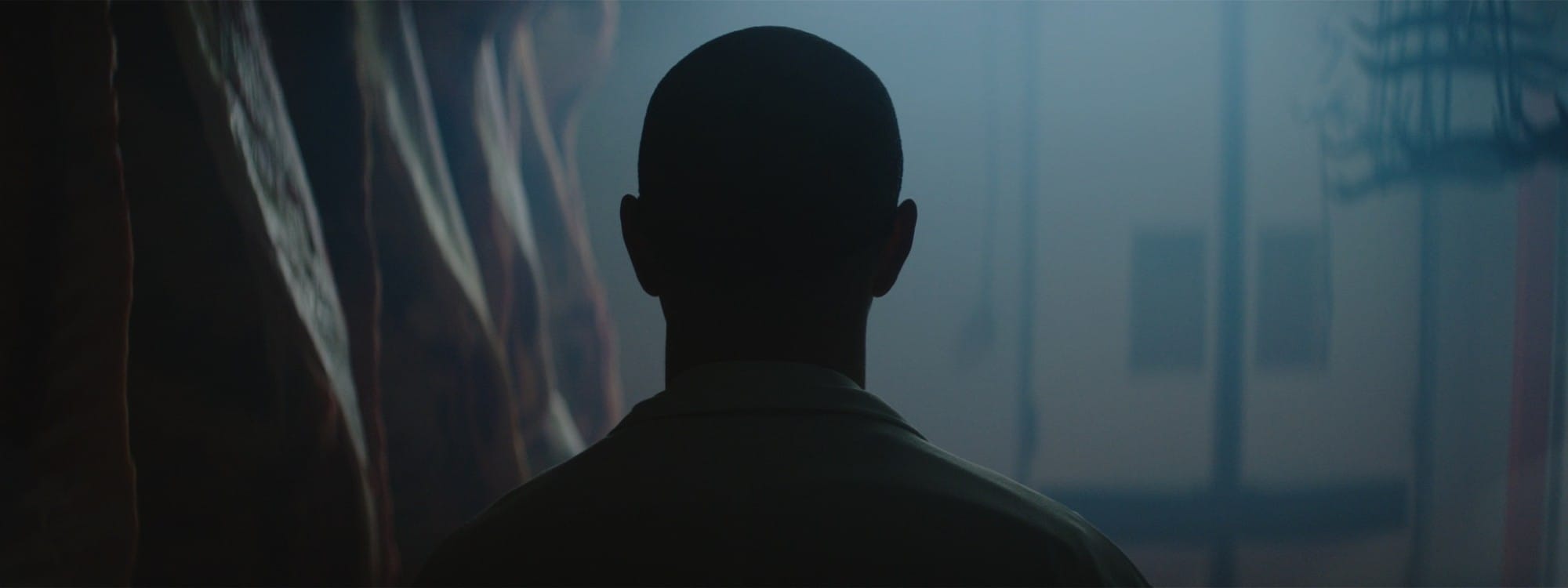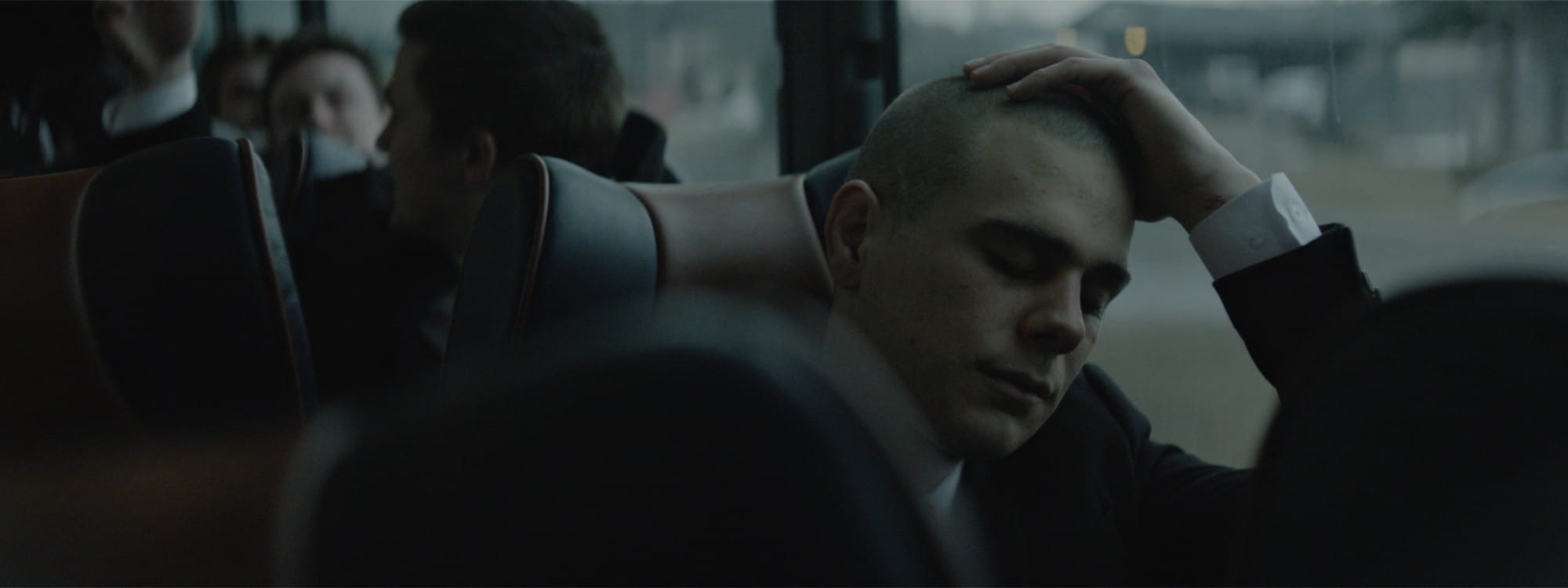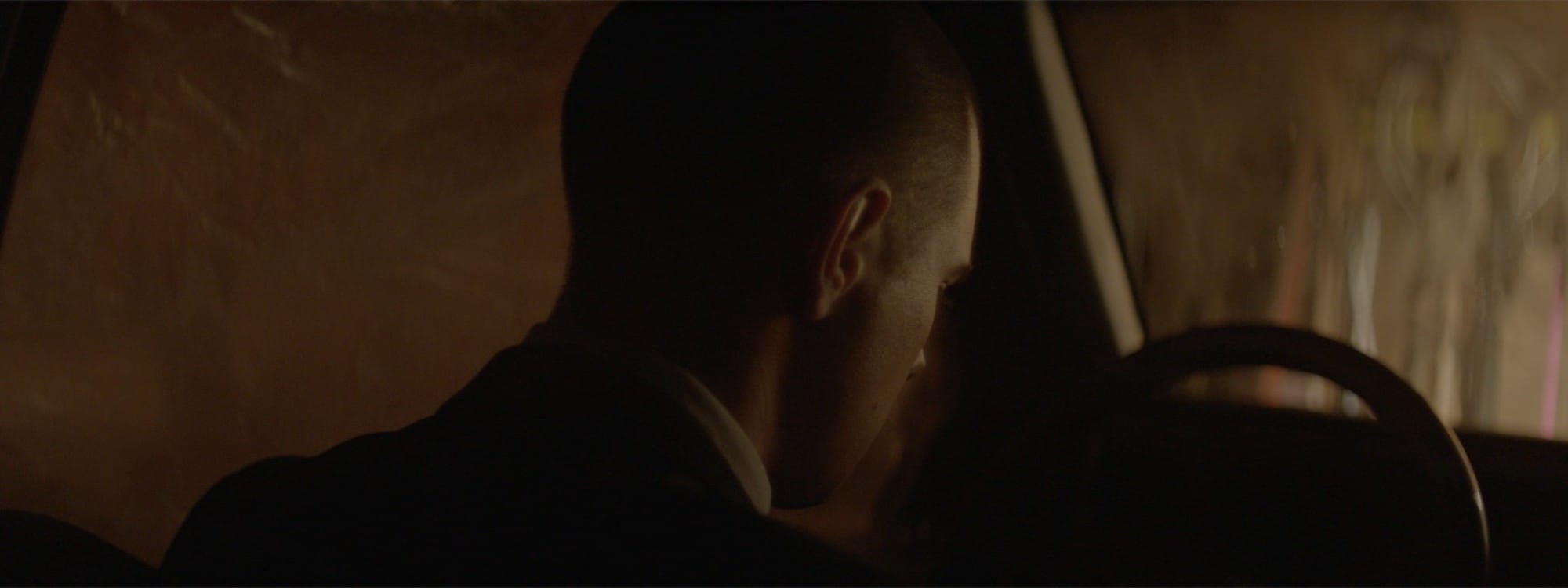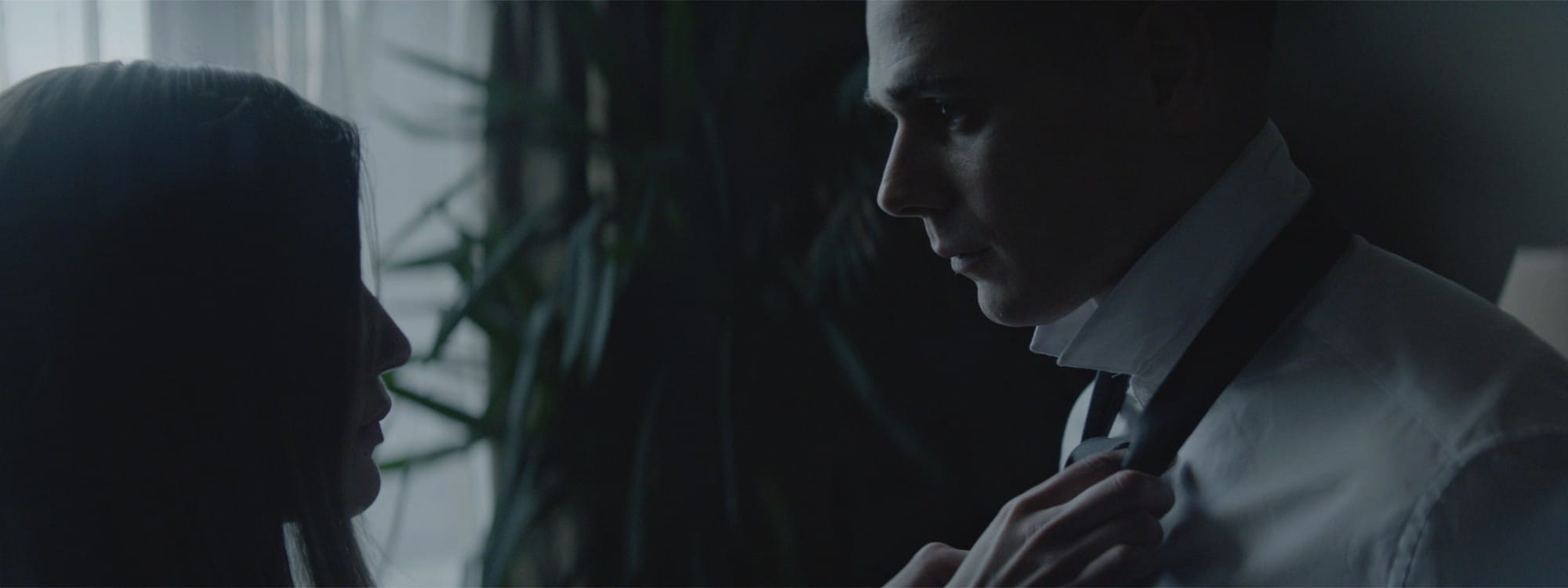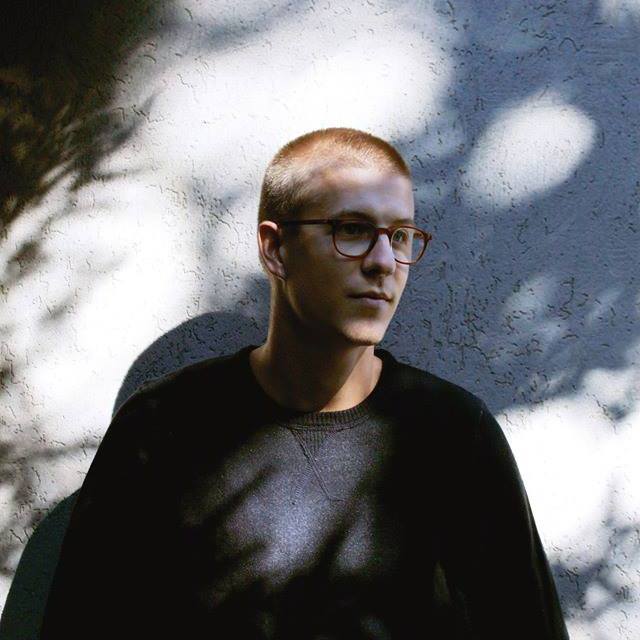THROUGH THE LENS OF
CINEMATOPGRAPHER BEN LOEB
.
Welum’s upcoming short film portrait features the Norweigan/Canadian cinematographer Ben Loeb, whose first feature film is winning hearts all over the world these days. His work is the culmination of a long and tedious learning curve - experimenting, trial and error, hard work, and putting yourself out there, were the building blocks of his creative development.
Loeb experimented his way through university, working on personal projects with room for failure, and immersing himself into the art of cinema, with his film buff friends. The years at Emily Carr University, and the projects he worked on in his own time then, has formed the strong visual aesthetic that is characteristic og Loeb’s work today.
To sum it up: The images are just hauntingly beautiful. Loeb’s style is naturalistic with a soft minimalism that leaves the viewer space to read further into the story, both within and outside the frame. He has a soft spot for darkness, and would rather see a silhouette in a dark room with a highlight in the background, than exposing to reveal that face. The things found in shadows, and the things we can’t see, are much more interesting than the things we can see, if you ask this very conscious and uncompromising cinematographer.
The naturalism in Loeb’s work also permeates his process. He prefers a smaller crew, and a more flexible prep that leaves room for the unexpected and the unrehearsed. Capturing those moments that happen due to circumstance, that surprise us, feel more authentic, and are the shots that resonate and can make a film rise above just a sequence of moving images. Loeb is a narrative guy, and is very passionate about cinematic purpose.
Commercial projects are all well and good, especially for the wallet, but Loeb thrives best in creative narrative settings, where he can capture people and environments the way they are, and tell true and resonating stories. With his long time collaborator and friend, director Kevan Funk, Loeb has recently worked on his and Kevan’s first feature film HELLO DESTROYER, an unconventional Canadian hockey film, that will leave you breathless.
The film premiered at the Toronto International Film Festival, and was named one of the best Canadian films of the decade by the Toronto Film Scene. Bigger things are stirring for this young talent, and we are proud to feature him here at Welum.
See more of Ben Loeb’s work at loebben.com and vimeo.com/bloeb
.
Download Press Material here.
.
.
BEN LOEB BIO
Benjamin Loeb is a Norwegian/Canadian cinematographer currently living in Vancouver, Canada. In 2011 he completed his Bachelor degree at Emily Carr University of Art and Design in Vancouver. Emily Carr focused its education on the artistic and conceptual development, which largely informed Benjamin’s ideology when it comes to cinema.
After graduating Benjamin continued working in industry and quickly built a reputation shooting commercials, music videos, and narrative projects around the world. Since his graduation he has lived in Oslo, New York, and Reykjavik.
In 2016, he photographed the feature film ‘Hello Destroyer’ which premiered at the Toronto International Film Festival, and was named one of the best Canadian films of the decade by the Toronto Film Scene.
Benjamin is represented by WME in North America, and by LUX in Europe and the rest of the world. He is also a member of the Norwegian Cinematographers Association.
HELLO DESTROYER - cinematographer’s montage
THE STORY
A young junior hockey player's life is shattered by an in-game act of violence. In an instant his life is abruptly turned upside down; torn from the fraternity of the team and the coinciding position of prominence, he is cast as a pariah and ostracised from the community. As he struggles with the repercussions of the event, desperate to find a means of reconciliation and a sense of identity, his personal journey ends up illuminating troubling systemic issues around violence.
Excerpt from the Director’s statement by Kevan Funk:
Like the vast majority of my short film work that I have made leading up to this, the film is intended to be engaged in social and cultural criticism.
To that point, the idea of this being a hockey film is in fact a red herring. I want to take advantage of that expectation by subverting the genre, one that is notoriously provincial and fallaciously superficial, and make a film that can speak to any audience in a resonate, provocative and engaging way.
While this film certainly has a conscious awareness of contemporary events in which it has a very clear and literal connection to those, my ambition is to have the film speak to the issue of violence and the systemic power dynamics of a cultural apparatus that cultivates an environment in which these types of incidents occur (not just within sport but in a broader cultural context).
I am much more interested in examining societal responsibility and culpability as opposed to the personal. That is not to say that I feel that personal responsibility should in anyway be underestimated or undermined, but I feel that it is much easier to come to a conclusive consensus on issues of personal responsibility as opposed to societal ones. As well, arriving at a conclusion on personal accountability often seems so profoundly incomplete and hollow because we are so deeply moulded by the environment in which we exist.
Read more about the film at
http://hellodestroyer.net
